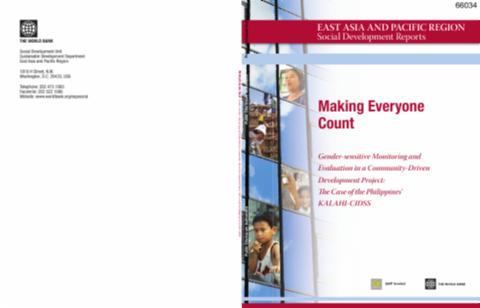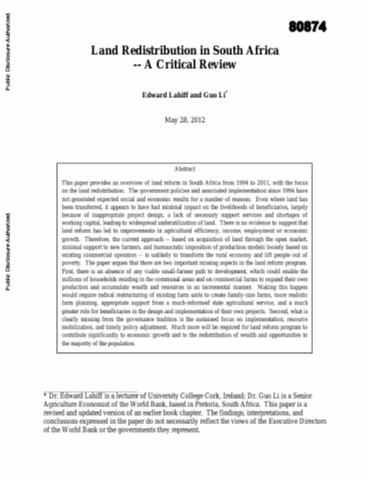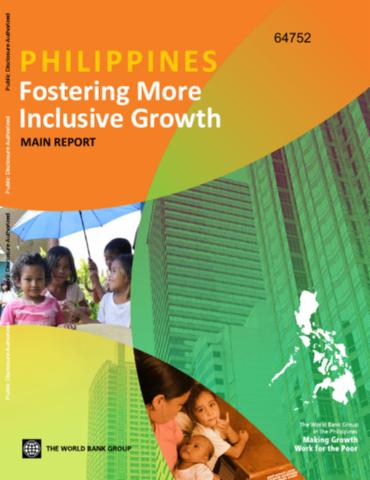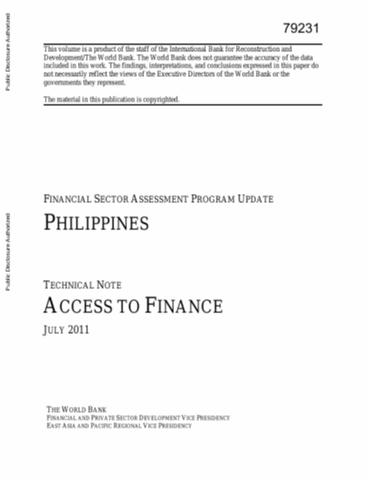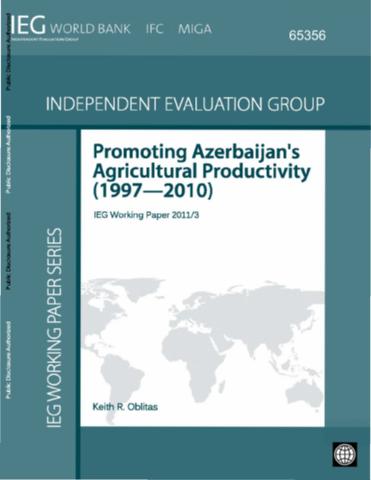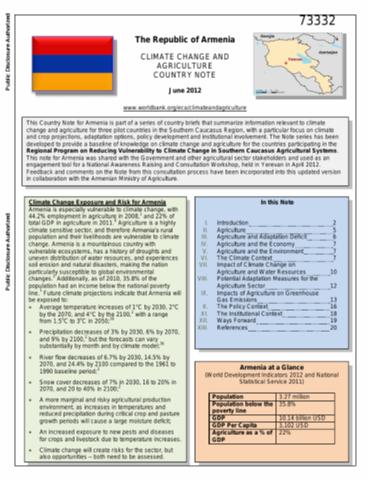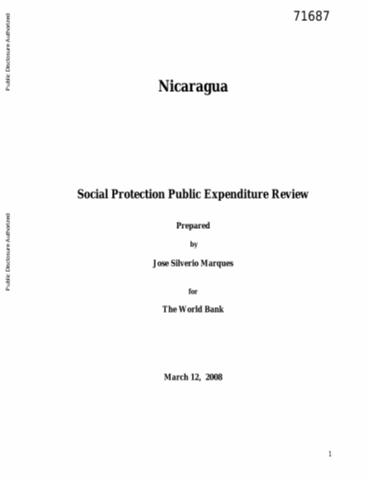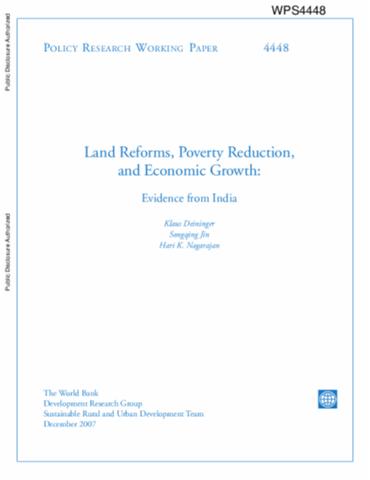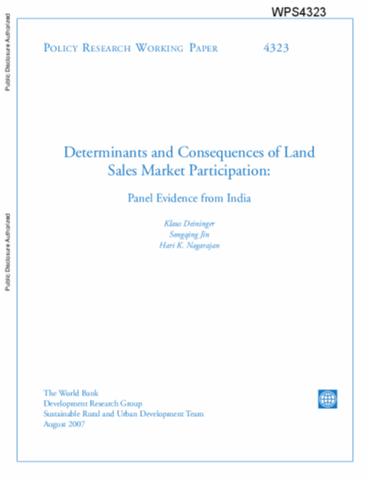Making Everyone Count
The Philippines has made significant progress in empowering women and in advancing gender equality. The government's policy on gender equality and women's empowerment has prioritized women's economic empowerment, advancing human rights and enhancing gender-responsive local governance. All these priority concerns are integral components of poverty reduction programs in the Philippines. The Philippines has made significant progress in empowering women and in advancing gender equality.

